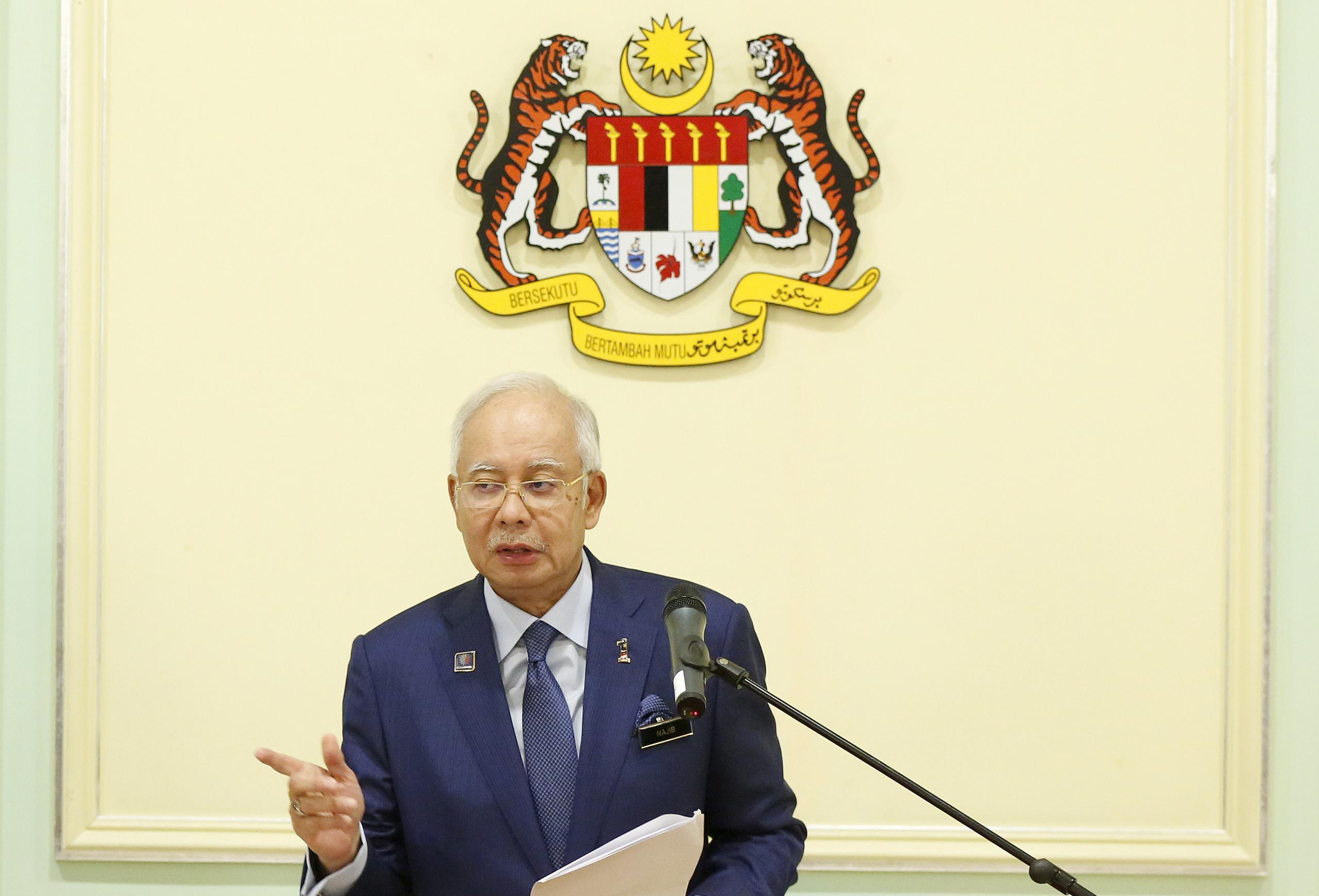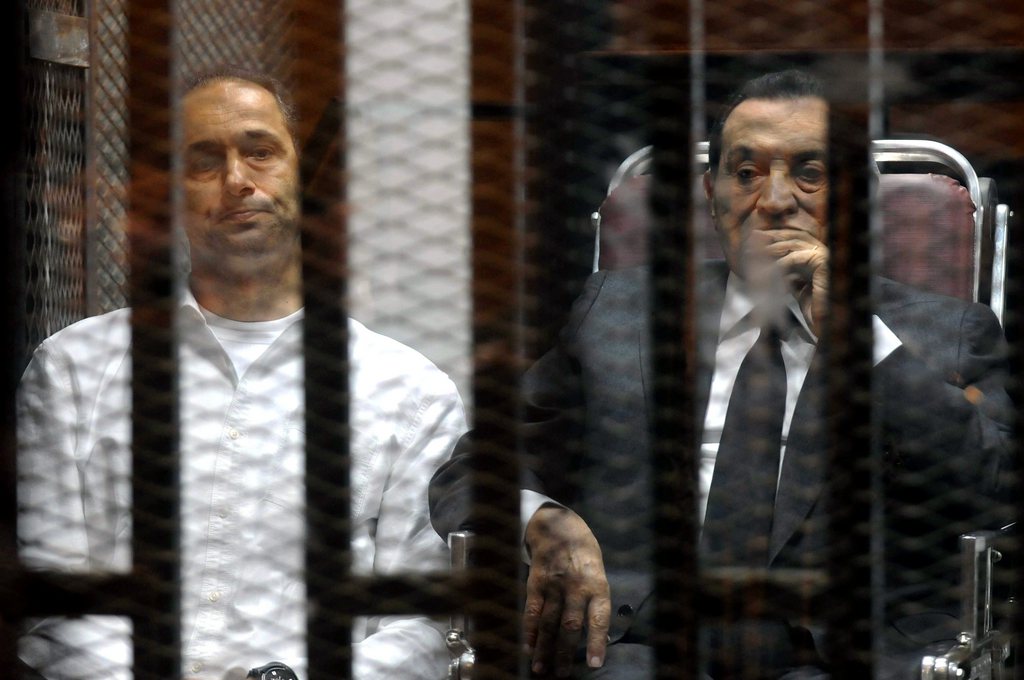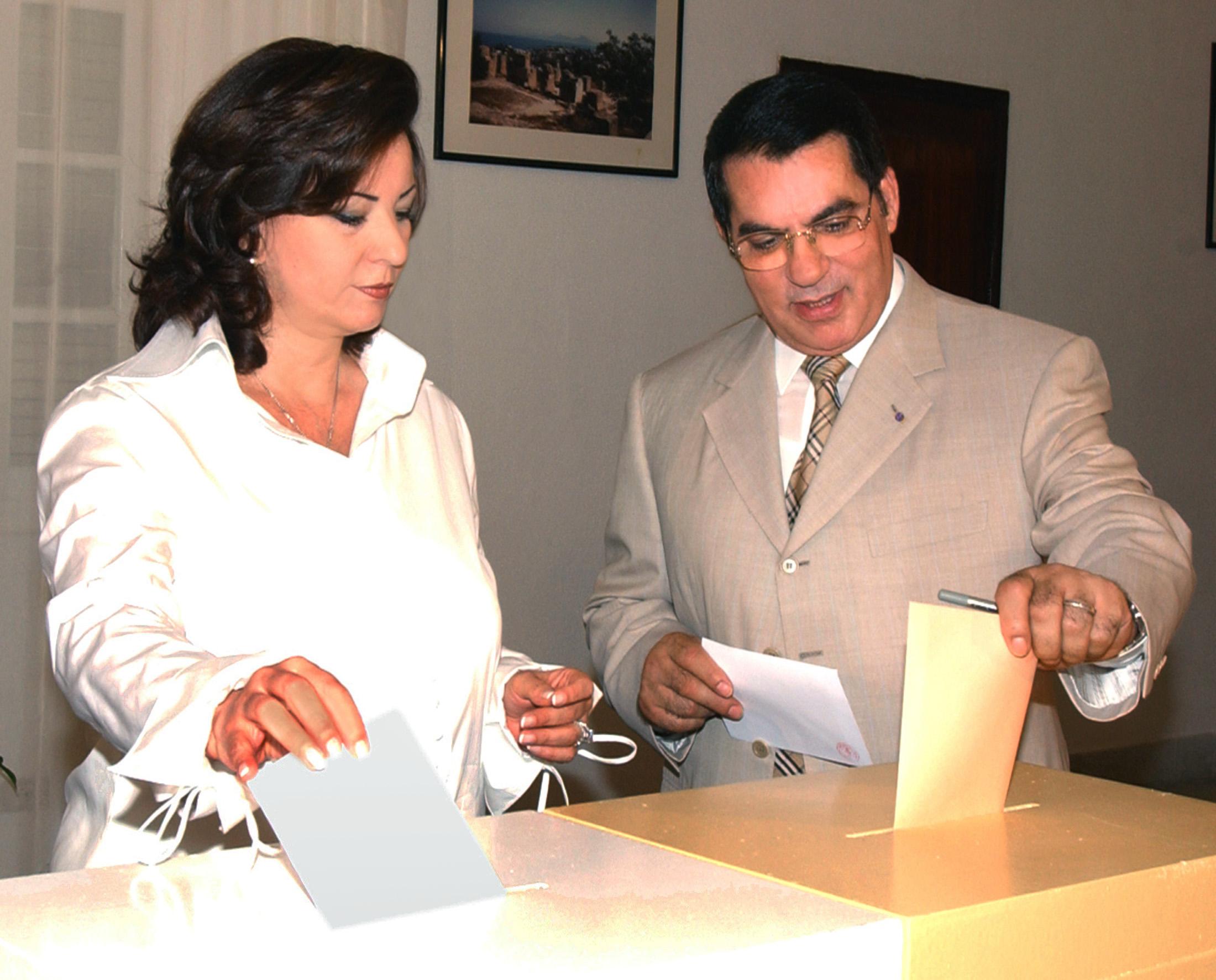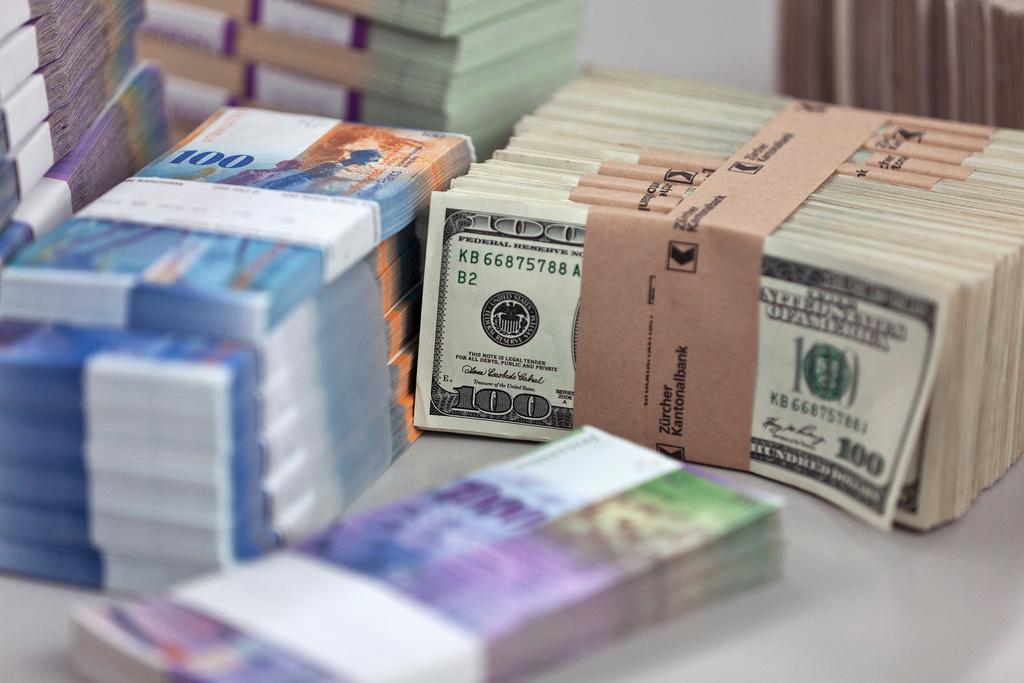Why dirty money still plagues Switzerland

As the Swiss parliament debates a beefed-up anti-money laundering law that has been hailed as exemplary by the World Bank, new scandals involving frozen assets have revealed the flaws in anti-money laundering regulation.
Known as the law on the freezing and restitution of illicitly acquired assets of foreign politically exposed persons, the new regulation aims to prove to the world that Switzerland is no longer the banker of choice for foreign despots.
The list of despots whose assets have tarnished the reputation of Switzerland and its banks has mushroomed since the Marcos (Philippines) affair in 1986. The names of Mobutu (former Zaire), Abacha (Nigeria), Salinas (Mexico), Duvalier (Haiti), Gbagbo (Ivory Coast), Ben Ali (Tunisia), Gaddafi (Libya) and Mubarak (Egypt) will forever be associated with the complicity of some Swiss banks in the dispossession and impoverishment of entire populations by their leaders.
“We are no longer the world’s go-to guy,” says Christian Democratic parliamentarian Jacques Neyrink. “The banking sector has undergone a major process of moralisation. It has also come to the realisation that is was not necessary to cheat to succeed. The strong franc, the political and institutional stability are enough today to ensure success.”
Epidemic of scandals
But the revelation earlier this month that the Federal Prosecutor had frozen tens of millions of francs in connection with a corruption scandal surrounding 1MDB, a sovereign Malaysian fund controlled by Malaysian Prime Minister Najib Razak, demonstrated that Switzerland is still not immune to becoming embroiled in international corruption scandals. So did the revelation in French-language magazine L’Hebdo this summer that millions resulting from the illegal activities of the Eritrean government had transited accounts in Geneva and Zurich.
CHF5 billion frozen in Switzerland
In total, even if it is impossible to distinguish between what originates from “ordinary” criminality and the assets of politically exposed persons (PEP), there is no less than CHF5 billion currently frozen in Switzerland by the Federal Prosecutor.
The fallout from the Arab Spring led to the freezing of almost CHF1 billion in assets held in Switzerland, and scandals implicating foreign public personalities have been abundant. From the massive corruption scandal involving Brazil’s largest petrol company, Petrobras, to former Ukrainian president Victor Ianoukovitch and his entourage, as well as the daughter of the Uzbek dictator Gulnara Karimova, the Federal Prosecutor has frozen several hundreds of millions of francs in recent months.
“Unfortunately, the new law being debated by Parliament will not change the situation,” says Olivier Longchamp, a financial specialist with the Swiss non-governmental organisation the Berne Declaration. The new law “focuses on funds already identified in Switzerland. It will not prevent the influx of illegal money gained from corruption.”
Faulty system
The cornerstone of preventing money laundering in Switzerland is a 1998 law on money laundering which obliges banks to verify the origins of funds in their dealings with politically exposed persons (PEP). These requirements have recently been reinforced following recommendations made by the Financial Action Task Force of the Organisation for Economic Co-operation and Development (OECD).
That said, the system has numerous faults, particularly because it is based on trust and relies on the bankers themselves to raise the alarm when suspect operations are detected.
“In practise, we have very little information on how the banks apply due diligence,” says Longchamp.
When contacted by swissinfo.ch, banks were reluctant to discuss the subject, preferring to defer to the Swiss Bankers Association (SBA). On condition of anonymity, one director of a large Swiss bank said considerable means are invested in the process of due diligence.
“The opening or the continuation of a relationship with a PEP is decided by management at the highest level. Internal investigators then monitor all files to prevent anything that could put the bank’s reputation at risk,” he says.
Temptation and vulnerability
With more than CHF2,300 billion under its control – around 25% of the world’s total cross border funds – the Swiss financial industry remains particularly exposed.
“The small private banks are the most vulnerable because they do not necessarily have the means to establish a comprehensive system of controls,” says Gretta Fenner, director of the Basel Institute on Governance, an independent not-for-profit organisation that fights against corruption and financial crime.
The temptation to bypass the rules is also strong for the small financial establishments when sums of several tens or hundreds of millions of francs are at stake, says Longchamp, not least because the penalties are not very dissuasive.
What does FINMA say?
“The methods in relation to politically exposed persons (PEP) in Switzerland conform with, and in certain areas exceed, international standards,” says Vinzenz Mathys, spokesperson for the Swiss Financial Market Supervisory Authority (FINMA). Surveillance in relation to the regulations applied to PEP are an important part of the fight against money laundering, says Mathys. FINMA has “no indication” that would give rise to the belief that there are fundamental problems with how these rules are applied by the financial community.
“In the United States, the fines can amount to several billion dollars, while in Switzerland, the FINMA (Swiss Financial Market Supervisory Authority) does not have the right to impose them. In the context of the funds frozen from the Arab Spring, the Swiss financial watchdog did not even want to reveal the names of the banks which had seriously neglected their obligations,” says Longchamp.
As well, a certain ambiguity still exists over the very presence of PEP assets in Switzerland, because, as noted on the SBA website, “the problems arise only from the moment the PEP becomes a persona non grata in the eyes of the Swiss government or other international organisations.”To avoid problems, said former Ticino prosecutor Paolo Bernasconi, writing recently for Le Temps, banks should no longer accept money from members of a foreign government or their entourages. Longchamp says such an extreme proposition would offend liberal Swiss ideals. Even the most innocuous measures have difficulty gaining support: in 2012, Parliament rejected a motion put forward by the Social Democratic Party’s Margret Kiener-Nellen that would have obliged PEPs to prove in writing that their assets had been legally acquired.

In compliance with the JTI standards
More: SWI swissinfo.ch certified by the Journalism Trust Initiative












You can find an overview of ongoing debates with our journalists here . Please join us!
If you want to start a conversation about a topic raised in this article or want to report factual errors, email us at english@swissinfo.ch.